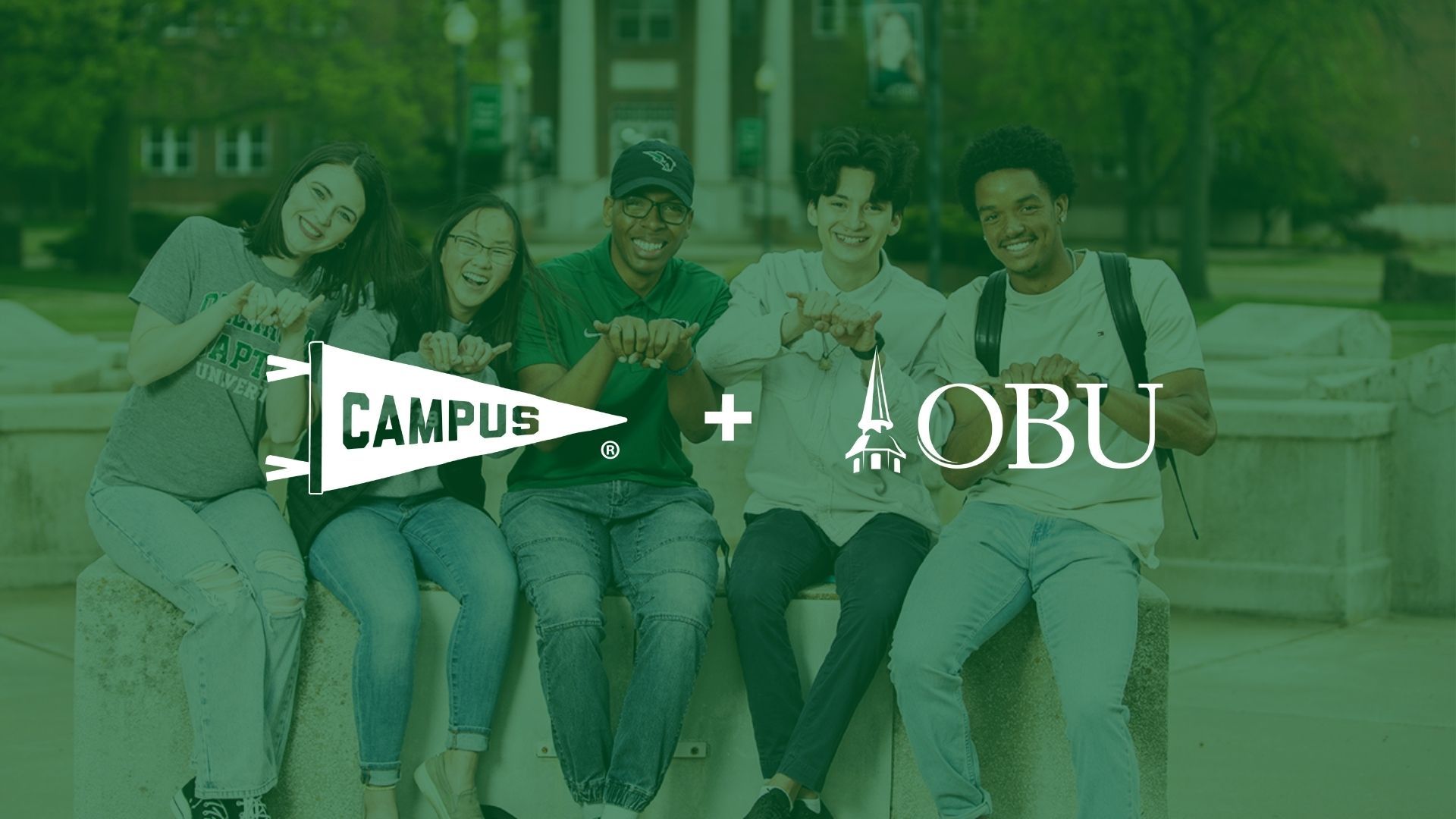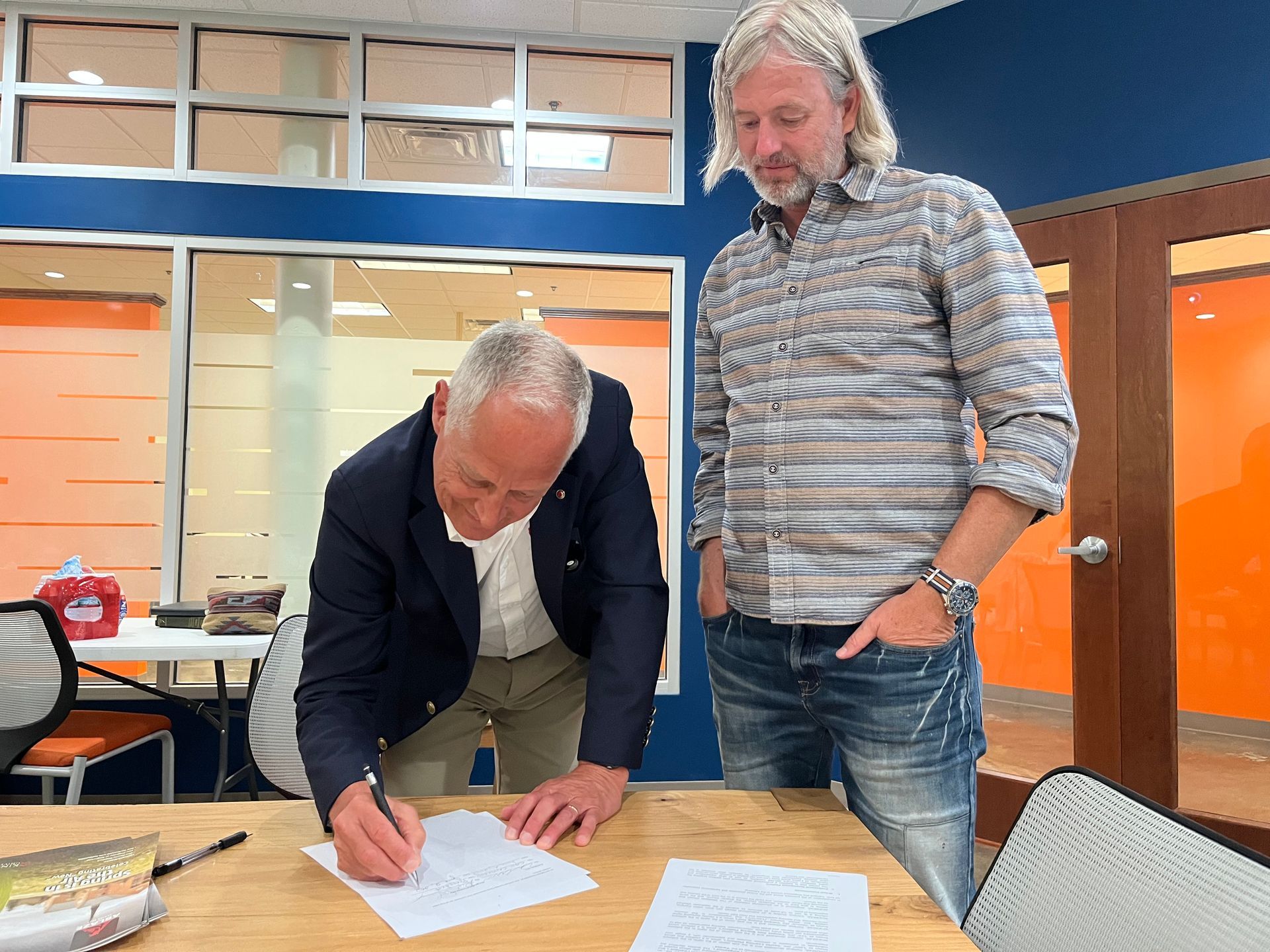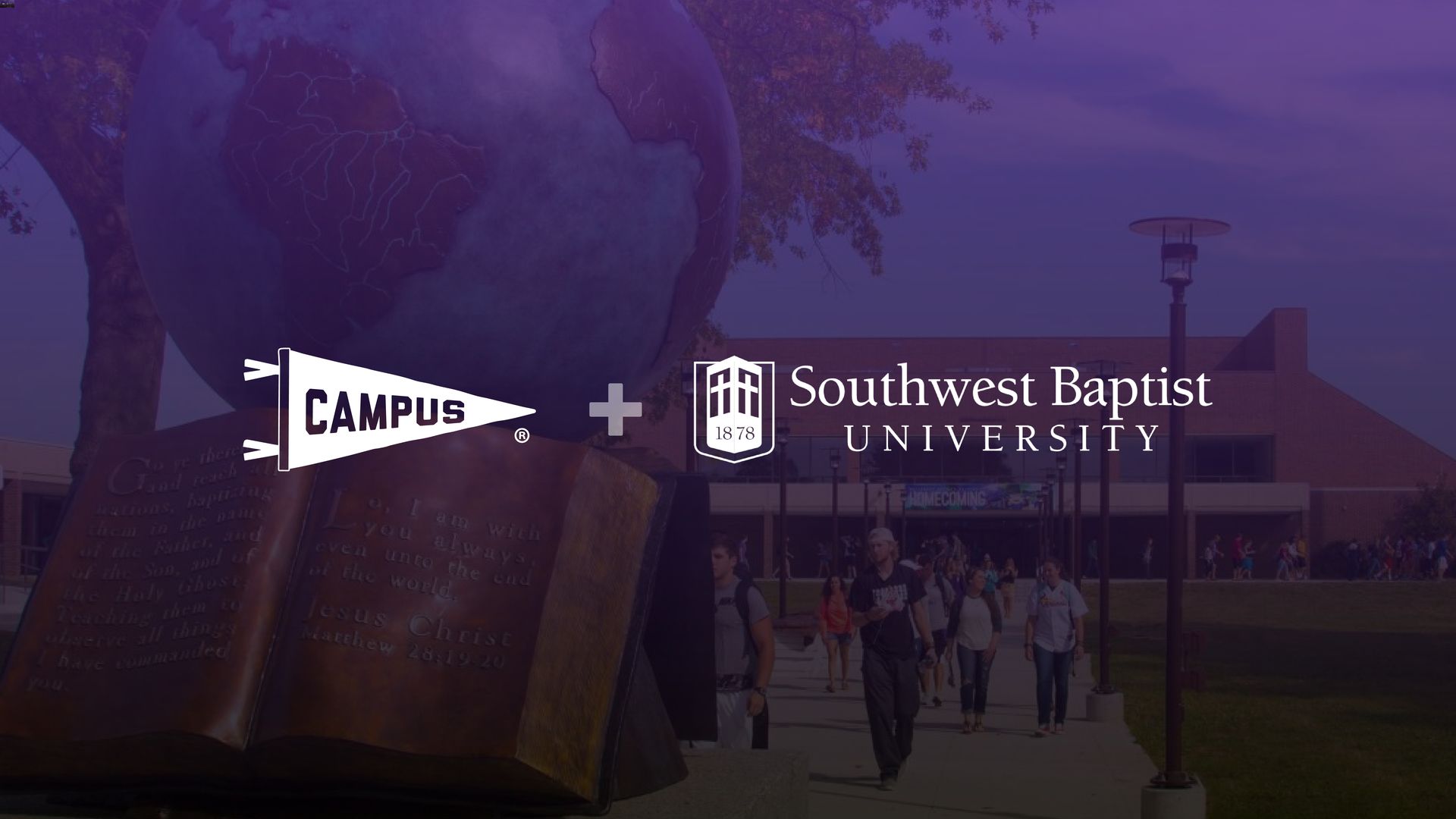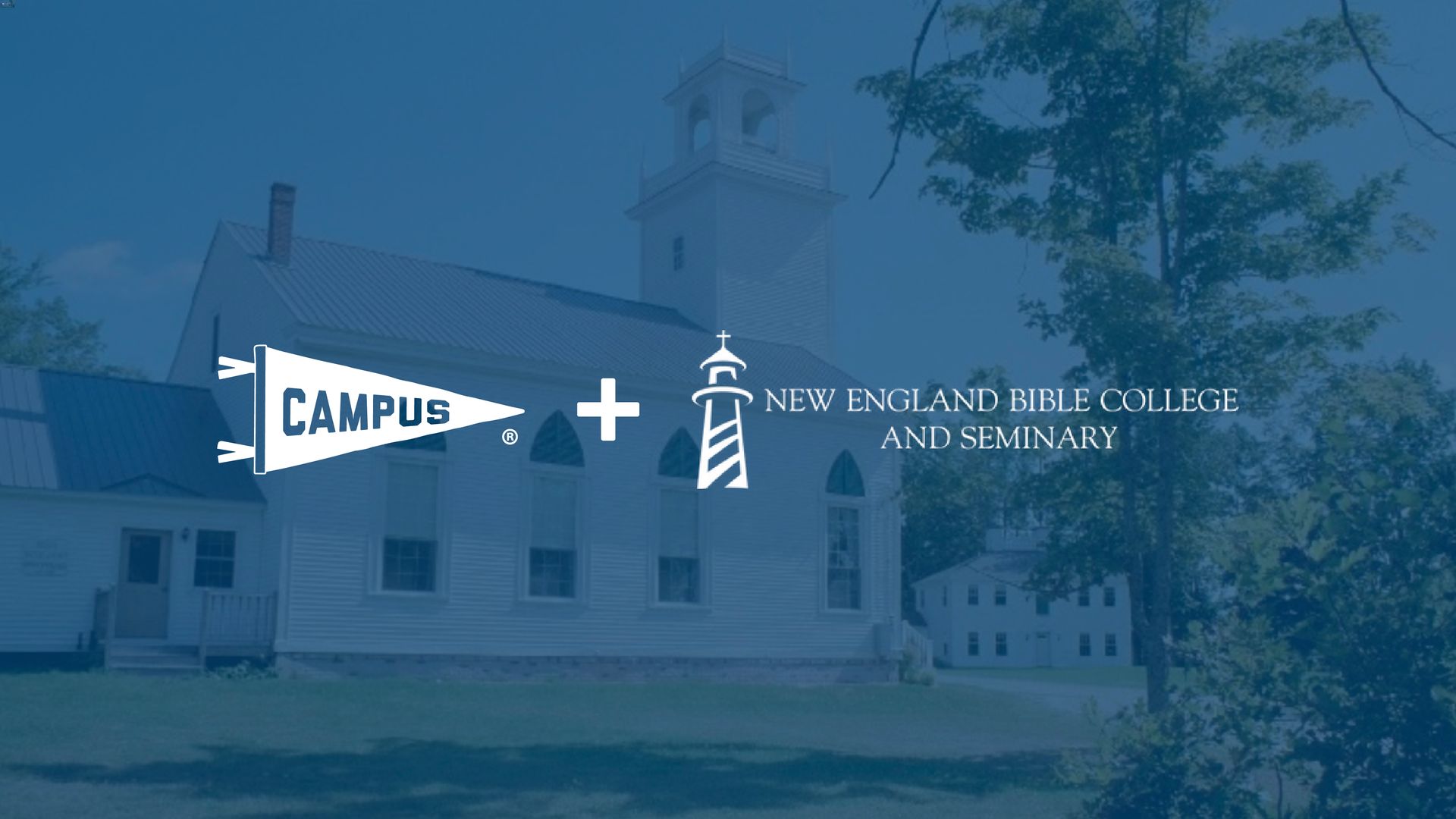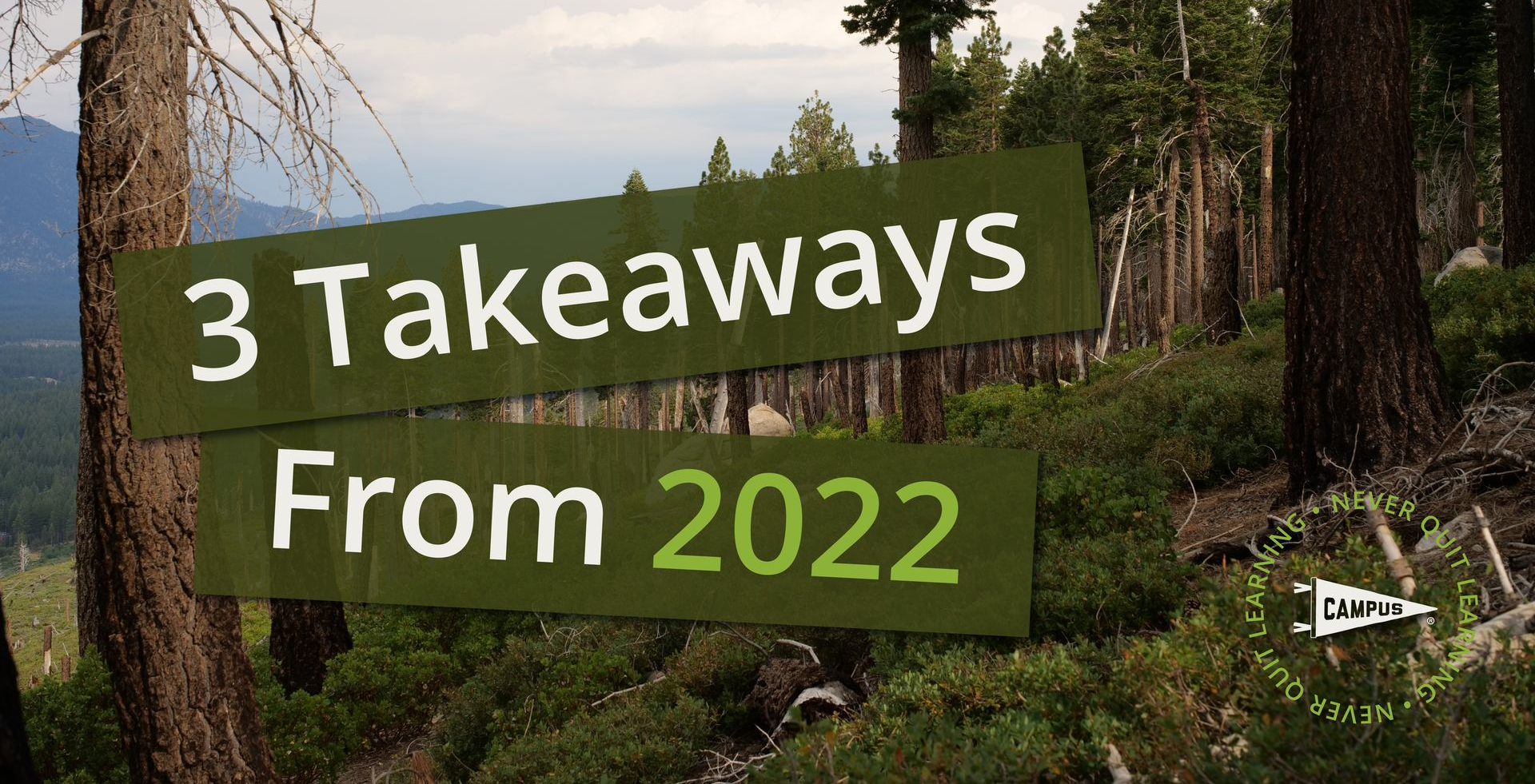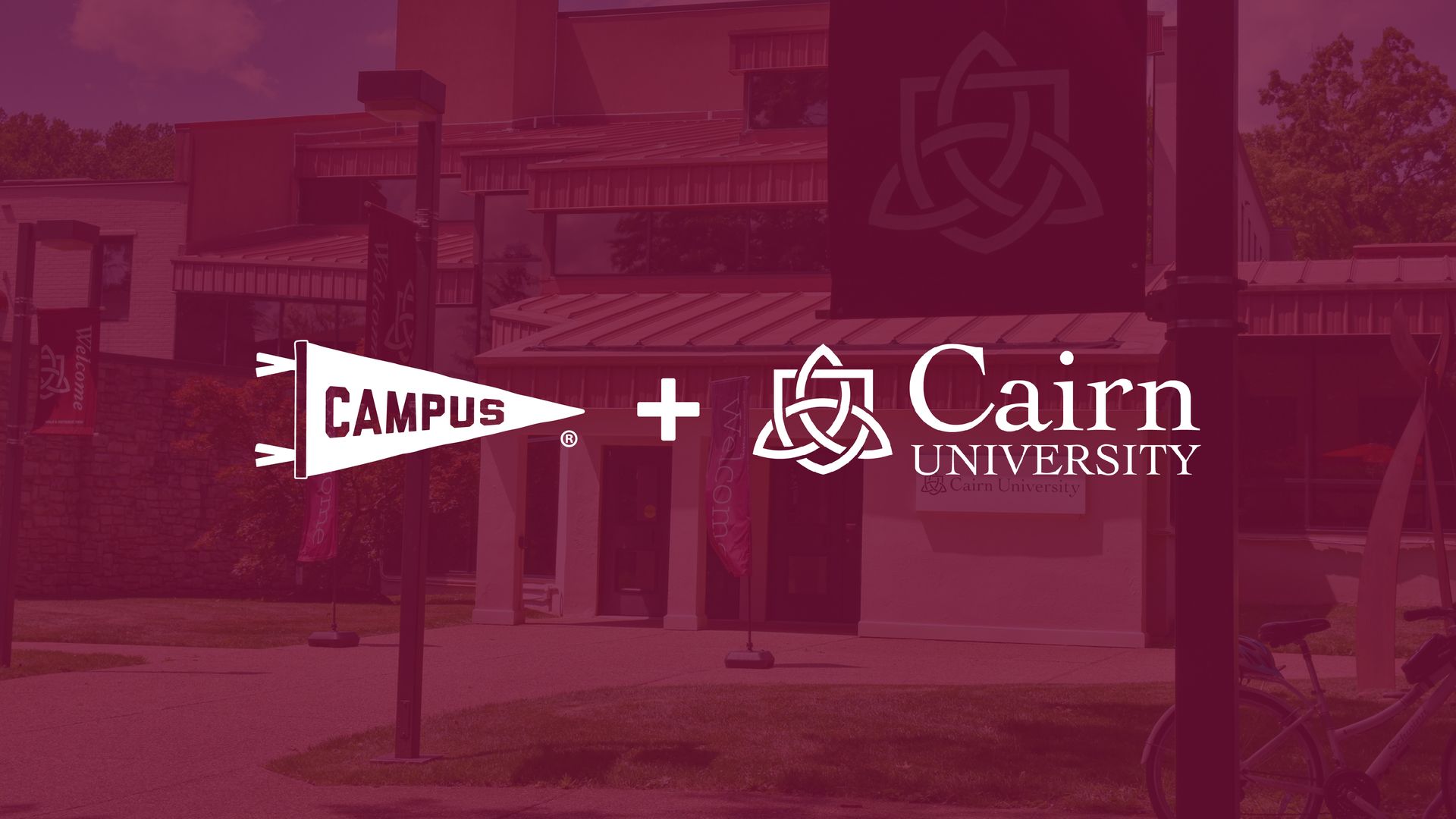Why Campus: Expanded Markets
Ken Schenck
November 15, 2021
This is a subtitle for your new post

Why Campus: Expanded Markets
Written by Ken Schenck
A 2019 study suggested that about two-thirds of online students come from within a 50-mile radius of a college's physical location. [1] Some colleges with satellite campuses have encountered this phenomenon in a slightly different way. Putting up satellite campuses tends to generate even more online students for a university than students at the satellite campuses themselves. Other schools have closed satellite campuses and experienced a correlated drop in online attendance. This dynamic may suggest that online programs should be marketed in tandem with physical campuses and locations.
Behemoth online programs like Southern New Hampshire spend vast amounts of money and resources in advertising to overcome the fifty-mile hurdle. A former enrollment employee for SNHU anecdotally shared with me that the pressure required to maintain such a national audience is significant. Although it was the first powerhouse in distance education, the University of Phoenix did not maintain this leading edge of advertising and seems rarely mentioned these days among powerhouses like Southern New Hampshire, Western Governor's, and Arizona State.
Into this flow of the online story enters Campus Edu with its online platform, Campus Learn. For schools that already have online programs, one of the strongest reasons to put courses into Campus Learn is to expand your market, to blow out the 50-mile barrier. Colleges that are associated with church denominations already have at least some natural access to a broader audience. Then again, such churches usually have multiple schools in those expanded regions, and they arguably tend to compete more than network.
This background leads me to three reasons why Campus Edu should greatly expand the reach of the schools that participate in it.
1. The synergy of networking
What if your 50 miles were added to the 50 miles of all the other partners on the Campus Learn platform? Our contention is that this is not a simple addition equation but at least a multiplication formula, perhaps an exponential equation. In other words, you are not just adding your 50 miles, you are multiplying the number of likely students reached.
I wonder if a lot of schools think of these market questions as if it is a zero-sum game. "There are a limited number of students and if I share my market with you, I will just lose students." But this is not good economics. If the modern era of economics has taught us anything, it is that markets can multiply. The equation isn't about distributing a fixed number of apples. It's about growing more apple trees.
I was privileged to be part of a team that started Wesley Seminary at Indiana Wesleyan University in 2009. In its first six years, it grew to over 500 students. Why did it experience such growth when most seminaries at the time were in significant decline? It did so because it did not aim at the students who were already going to seminary. It aimed at the 85% of pastors in its denomination who were not going to seminary anywhere.
Campus has likened its goals to what platform innovators like Uber and Airbnb have done in the transportation and travel industries. By empowering the individual driver or individual homeowner, these platforms have actually increased the total pool of riders and vacationers. [2] Sure, they have disrupted the traditional taxi and hotel market by putting the consumer in the driver's seat. [3] But they have also grown the number of customers by reducing the friction of getting a ride or finding accommodation in hot spots.
The bottom line is that Campus aims to help colleges expand their markets by networking together. This is a hard sell for some because of the "zero-sum game" assumption. "Why would I give some of my students to another college?" The answer is, "To get even more."
2. Learning appeal
The number of students going to residential campuses decreased by 6.5% over the last two years. [4] Don’t worry. The residential campus isn’t going away. There will always be residential campuses around, even if there may be fewer of them. Most will decline to some smaller equilibrium, with the healthiest institutions having a higher number of online students than students in residence. Further, students on campus will also expect to take a number of online classes alongside any classes in person.
Interestingly, a number of residential campuses are seeing record enrollments right now. [5] Arizona State University had its largest incoming on-campus freshman class ever. The same was true of Purdue. (Interestingly, both are now online powerhouses, possibly suggesting that online brand recognition goes both ways.) The biggest hit this year was at community colleges.
A number of Christian colleges are also bursting at the seams while others are scrambling in damage control mode. Columbia International University in South Carolina had record enrollment this fall. [6] They apparently had to house some students in hotels at the beginning of the semester. Some of that growth may have to do with their approach to COVID.
Nevertheless, this situation seems reminiscent of the situation when Wesley Seminary was founded. It apparently was not so much that Christians did not want seminary training. It was more that the seminary institutions at the time were not meeting the felt needs of many potential students.
Campus intends to partner with educational institutions of all stripes and flavors. After all, it has a Latin course already on the platform with Gordon College and spent ten days videoing an Art Appreciation course in Italy with the University of Northwestern - St. Paul. In the next post in this series, we will explore how Campus makes it possible to retain the "indulgent" subjects that many colleges have already had to eliminate.
But the real target of Campus is the majority of potential students who just aren't on the same frequency as the traditional academy. I hope there will always be honors colleges for the minority of students who thrive on that model. After all, I was that type of student.
But the classic honors college approach does not have the kind of broad appeal that meets the needs of millions of learners who have different goals and talents. The traditional honors college student population will not likely balance your university budget. More importantly, is it not our goal to bring a Christian education to as many people as possible? Is it not our goal to add value to the majority of the world by providing education? If so, the classic approach will dramatically miss its mark because only a minority will be in the room to hear.
Campus courses aim to partner with schools to provide an education that connects. How many students have walked away from college because it didn't speak their language? People still want to learn. Our failure to connect with them is a lack of imagination, not of need or desire. Use Campus courses to create margin among your in-person faculty- time and space for them to create micro-credentials, hybrid college programs, skills-based stackable certificates, local workforce connections, internship and apprenticeship programs and more.
One of the greatest appeals of the Campus approach is the price point. Students taking Campus courses through a college’s subscription model can pay as little as $199 for a course. Price is one of the biggest factors in college choice. I have heard of institutions that charged more because they thought students would pay more for higher quality. There is some truth in this idea, but not in the vast majority of cases. It works for Ivy League schools and other elite schools, but it won't work for the vast majority of small private Christian colleges. The cost of an education matters, and we have no choice but to make the math work.
3. The high school partnership
In my mind, there are four letters that explain why every Christian college should have at least one teaser course in the Campus Learn platform: A-C-S-I. Campus Edu has recently joined forces with the Association of Christian Schools International to help them build out a K-12 and professional development curriculum on its platform. [7] Part of the partnership will be dual enrollment courses provided by the Christian colleges also in Campus Learn.
ACSI represents 5.5 million students globally. When you talk about busting the 50-mile barrier, this is the ticket. One school, Indiana Wesleyan University (IWU), has already set up a path to an Associate of Arts degree in Integrative Studies that can begin with a high school student taking the bulk of the degree with several Campus institutions while still in high school. The student then finishes as a fully online IWU student after high school graduation and IWU has an opportunity to recruit that student into a 4 year degree in-person or online. Other schools are considering associate’s degrees in other subject areas. Schools can even partner together to build these sorts of “dual enrollment to associate's degree” pathways (basically a 2 + 2 arrangement).
The potential expansion of market is obvious. By partnering together, smaller Christian schools have the potential of becoming more competitive in a market where the likes of Southern New Hampshire and Arizona State overwhelmingly dominate. And the price point is just right.
The Campus Learn platform thus gives Christian colleges the opportunity to pitch their college to a large Christian market indeed. Ideally, each college would either pick a super-course with a super-professor to show off its superpowers, or develop a micro-credential that serves the dual purpose of preparing a high school graduate for an entry-level job while also stacking toward a degree credential. We can say anecdotally that some prospective students have already chosen a university in the Campus network because of the course they took in high school on the Campus platform.
In this time of fear, there is reason for hope. Campus is here to partner with you into the future!
[1] Doug Lederman, "Online Is (Increasingly) Local," Inside Higher Ed, June 5, 2019, https://www.insidehighered.com/digital-learning/article/2019/06/05/annual-survey-shows-online-college-students-increasingly
[2] See Geoffrey G. Parker, Marshall W. Van Alstyne, and Sangeet Paul Choudary, Platform Revolution: How Networked Markets Are Transforming the Economy and How to Make Them Work for You (New York: W. W. Norton & Company, 2016), especially chapter 2 on "Network Effects."
[3] In Uber's case, quite literally.
[4] Todd Sedmak, "Undergraduate Enrollment Declines Show No Signs of Recovery From 2020," National Student Clearinghouse, October 26, 2021, https://www.studentclearinghouse.org/blog/undergraduate-enrollment-declines-show-no-signs-of-recovery-from-2020/
[5] Michael T. Nietsel, "Initial Estimates Show Fall Enrollments Up At Several Public Universities," Forbes, August 24, 2021, https://www.forbes.com/sites/michaeltnietzel/2021/08/24/initial-estimates-show-fall-enrollments-up-at-several-public-universities/?sh=5d72c94c4cb3
[6] Retrieved November 10, 2021, "Record Enrollments at CIU and Ben Lippen School," http://www.ciu.edu/newsstory/record-enrollments-ciu-and-ben-lippen-school
[7] Caitlyn Berman, "ACSI and Ed-Tech Company, Campus, Work to Create Dynamic Digital Content, Learning Opportunities for Christian Schools, Educators, and Students," Association of Christian Schools International News, October 25, 2021, https://www.acsi.org/news/campuspr
The Campus Blog



